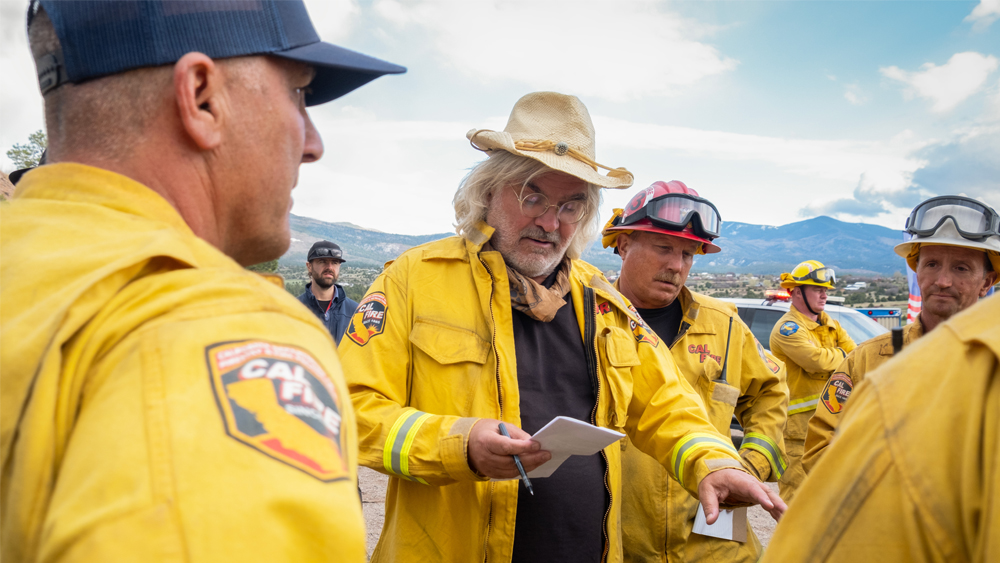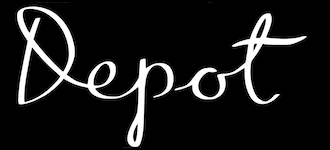
In Conversation With: Paul Greengrass (Live)
60mins Depot eventIn Conversation With: Paul Greengrass (Live)
Part of our Paul Greengrass Season
A live, in-person conversation with acclaimed filmmaker Paul Greengrass, hosted by Tom Shone, author of the new book The Greengrass Papers. Followed by a screening of Captain Phillips (booked separately).
Secrets and lies. Conspiracy and coverup. Revolution and tipping point. Where the redactions start, a Paul Greengrass film begins.
In 2004 a British director rewrote the Hollywood rule book. With an adaptation of Robert Ludlum's spy thriller, The Bourne Supremacy, Paul Greengrass gave Hollywood an entirely new cinematic syntax for shooting action -- urgent, visceral, immersive, immediate -- that everyone rushed to copy, from Bond to Mission Impossible. A veteran of Granada TV's groundbreaking current affairs program, World in Action, Greengrass useddocumentary techniques to imbue his films -- Bloody Sunday, The Bourne Ultimatum, United 93, Green Zone Captain Phillips -- with the heat and crackle of chaotic, fast-moving, real-life events. All told, his films have taken over one billion dollars at the box office -- all without giving up their unflinching gaze at the politics and power structures that shape our world.
During the making of his most recent film, The Lost Bus, the director has also been collaborating on a book with Sunday Times film critic Tom Shone, opening up his archive of research materials and never-before-seen behind-the-scenes photographs to share the story of the revolution he brought to Hollywood filmmaking.
Both men join Depot in November for a deep-dive discussion of Greengrass's filmmaking career. How does he give his films such visceral impact? How do you speak truth to power without preaching? What is the future of politically engaged filmmaking in Hollywood?
Join us for the answer to these questions and any that you might have, as well as a chance to purchase an autographed copy of The Greengrass Papers, followed by a screening of Captain Phillips.
Paul Greengrass is the Oscar-nominated and BAFTA-winning director of 12 feature films.
Tom Shone is Film Critic of the Sunday Times and the author of seven books about cinema, including the bestselling The Nolan Variations, Scorsese: A Retrospective and Blockbuster: How Hollywood Learned to Stop Worrying and Love the Summer.
